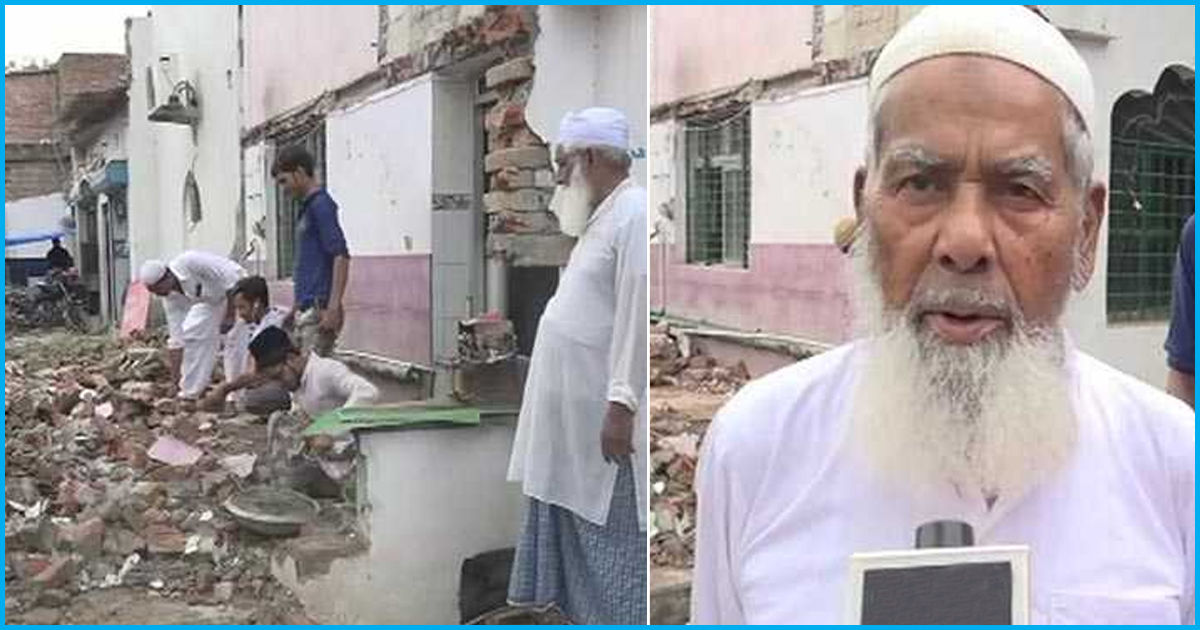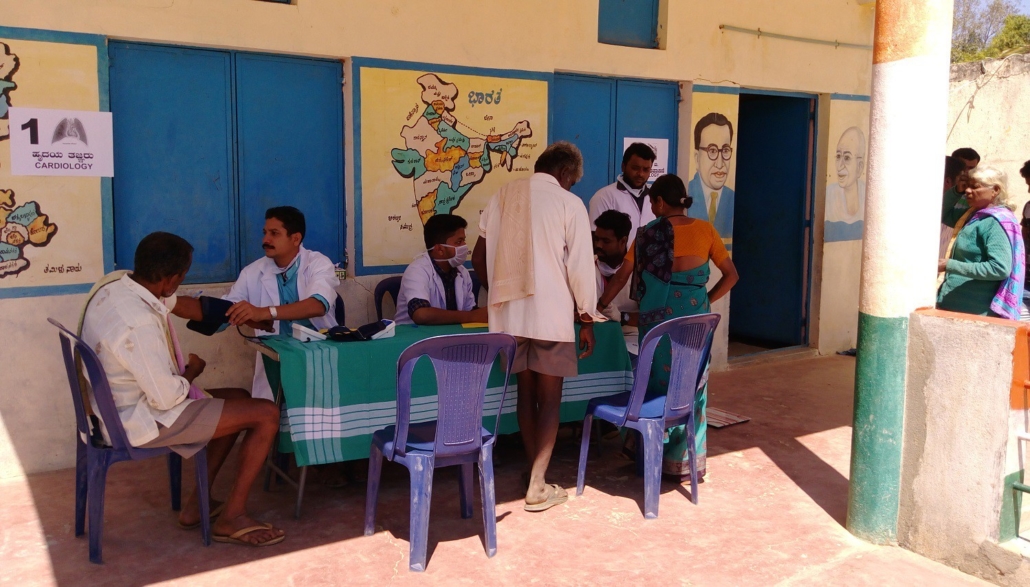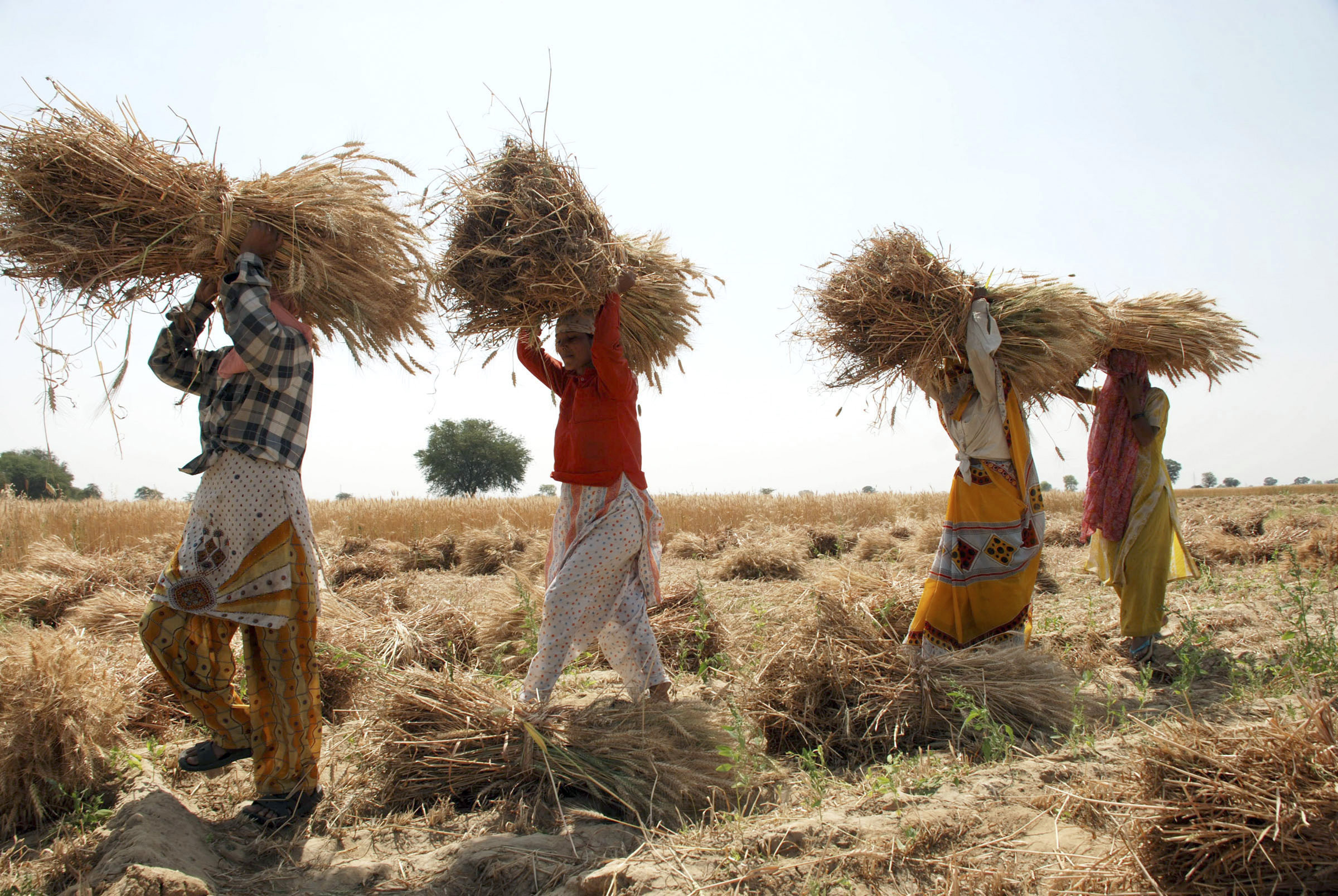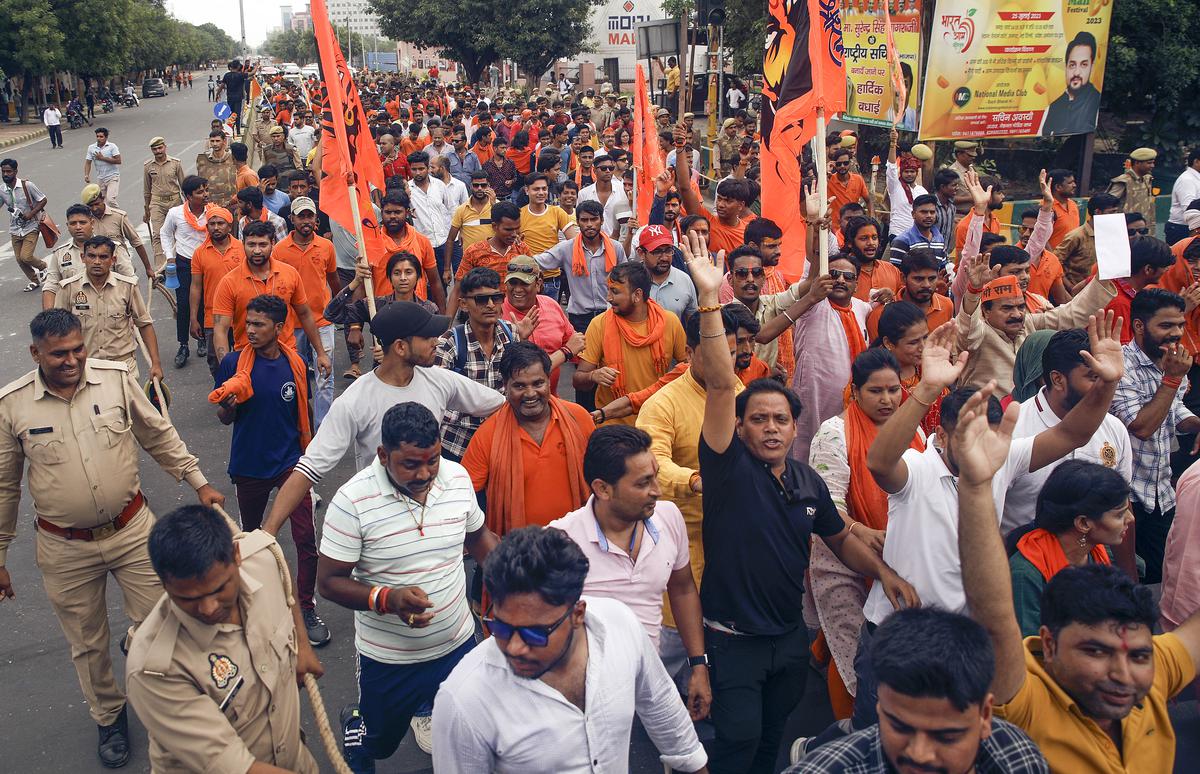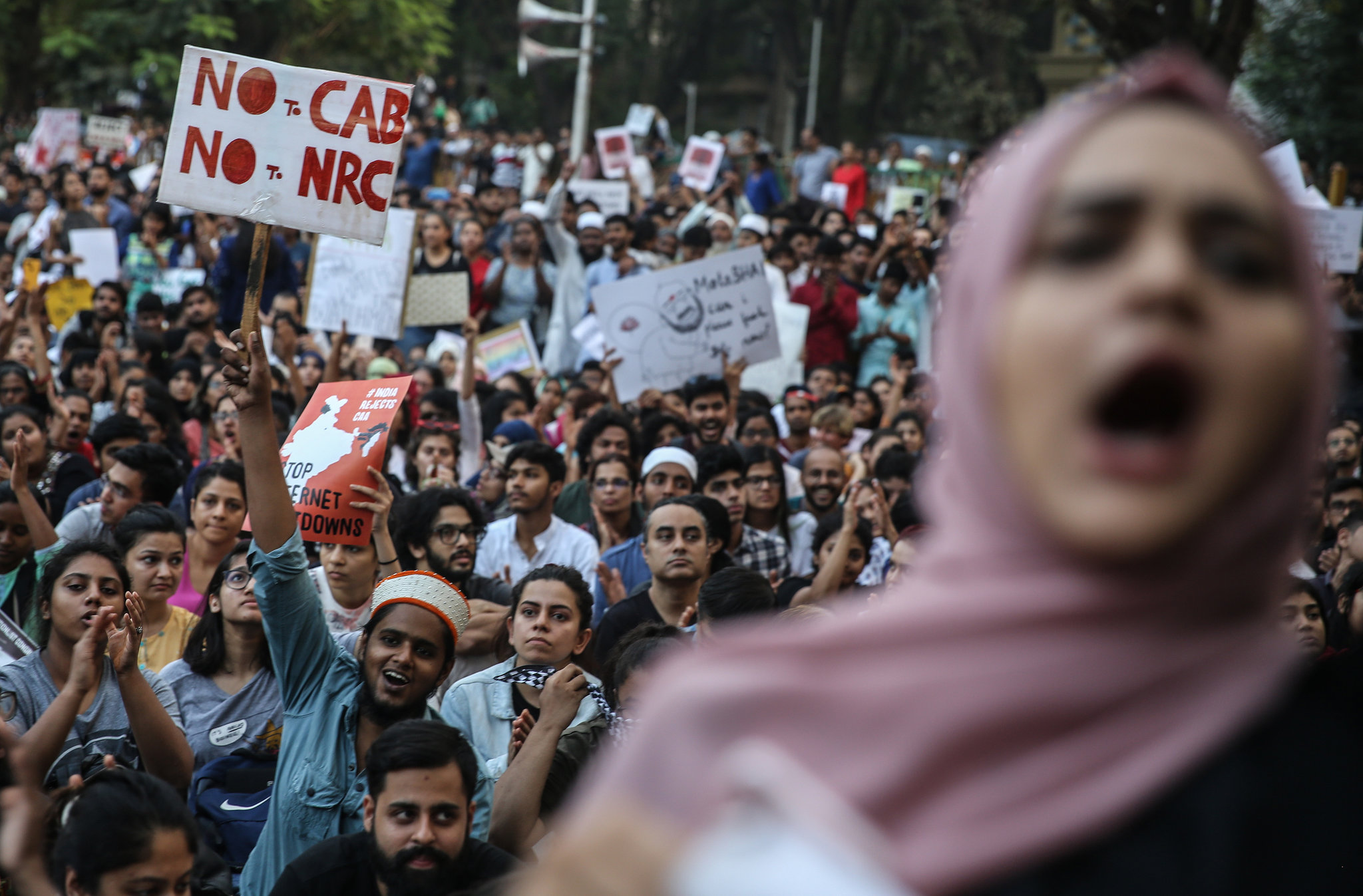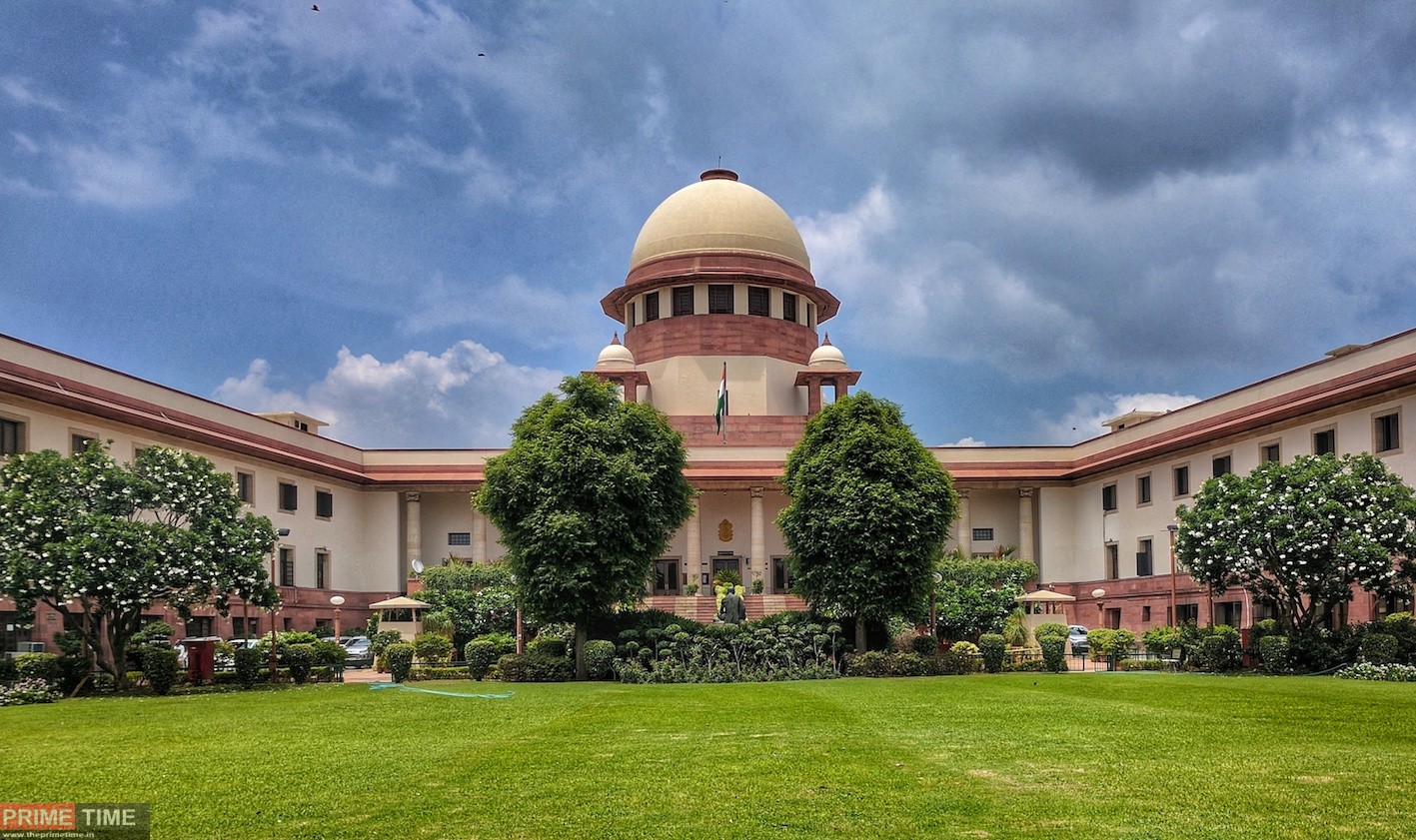More terrifying than news of a mob attack is the story of a police constable murdering his senior, a Hindu from the ST community, and then going on to shoot three additional passengers in a moving train who were all clearly Muslims. As of this moment, it is unknown what set off this police officer’s shooting rampage. Is it a coincidence that all three of the people he killed—after killing his superior, a Hindu—were Muslims who could be recognised as such by their “clothes”? Did the policeman become suspicious of them because of their appearance? How can we defend his vengeful and icy sermon to those he murdered in order to support Modi and Yogi? Can we draw a connection between his apparent commitment to Modi and Yogi and the names of his targets?
Such inquiries are expected to be made under normal circumstances, and we would anticipate people with the knowledge and resources to look into such acts to uncover their motivations. Such killings occur in regular eras and normal civilizations as well. Or we could even claim that there is no such thing as normality. In settings that seem obviously normal, abnormalities abound. But despite such suffering in those cultures, we may still hold out hope for the proper response to our questions. Can we make the same claim for our country, India? The solution is known.
If such a crime occurred in the USA, where many Indians aspire to immigrate, or in any other Western nation, the head of state would come on TV and issue a comment. especially when the killer uses his name as a justification for the murder. The leader of the nation would have condemned it and cut ties with the perpetrator. However, neither the Prime Minister of India nor the Chief Minister of Uttar Pradesh have made a sound here in India. What can we infer about them from their silence?
That the ruling class does not hold itself accountable for the actions of one of their own or for those they are tasked with protecting? Not even that regret? Do they not even merit a word of sympathy? The railway minister ought to apologise to the people his guy killed. What should the leader of the Railway Protection Force say in light of the four murders his guy has committed? All train passengers now feel uneasy as a result of his action. Wouldn’t the sight of a police officer brandishing a weapon make people nervous and afraid? If they saw armed police officers seated in their coach, wouldn’t they lose sleep?
The constable’s superiors had already acknowledged his unstable temperament. Despite this, they gave him the responsibility of overseeing the passengers’ security. How accountable were they? Do they not feel any remorse? Why do we not see it manifest itself?
The constable’s superiors had already acknowledged his unstable temperament. Despite this, they gave him the responsibility of overseeing the passengers’ security. How accountable were they? Do they not feel any remorse? Why do we not see it manifest itself?
We need to be concerned about the state apparatus’s lack of regret, guilt, or regret. The police officer served as the state’s representative for the slain passengers. He wasn’t a regular person. He was capable of using force, which was applied to the peaceful, defenceless individuals he was sworn to protect. The State must accept accountability.
His statements of loyalty to the BJP leaders have been condemned by reputable news outlets. To prove that a psychological disease, not politics, should be held accountable for the killings, they are looking into his history. Why did they remove the unsettling passage from the account that reveals the political philosophy driving the massacre? Can we argue that the policeman killed three Muslims in an effort to hide the assassination of his superior? Because killing Muslims is now accepted as the norm in India. Hindus being insulted by a Muslim’s outward appearance is very reasonable. How can we account for the fact that people with no criminal background become agitated by obvious Muslimness?
We viewed another video in which a Muslim man is encircled by Hindus just before the footage of these murders started to circulate. He was reportedly making namaz without speaking. The sight of a Muslim doing namaz incited the Hindus to such a degree that they took out their phones and recited loudly the Hanuman Chalisa in response to him! It is possible to claim that these two instances are unrelated. But we do know they are. Now, even loving Hindus who are totally normal and normal-acting might be triggered by the namaz, a Muslim act, or by a beard, hat, or burqa. Hindus, who are always peaceful and nonviolent, are somehow provoked by Muslims to engage in hate and violence, something they would never ordinarily do.
Again, it was a coincidence that fresh reports of violence from the Haryana province’s Mewat region appeared at the same time as these deaths. A group of Muslims interrupted a VHP parade and began throwing stones at it. The parade was not a religious event. It was removed as a result of the organisers’ violent anti-Muslim statements. Additionally, it was revealed that Monu Manesar, the principal suspect in the deaths of two Muslim teenagers named Nasir and Junaid a few months earlier, will march in the parade. It was intended to infuriate Muslims. The participation of a guy who publicly declares his wish to eradicate Muslims and who is sought by the Rajasthan police on murder charges amounts to nothing more than the blatant denigration of Muslims.
What made this parade acceptable? Why does the Haryana government permit a guy accused of killing two Muslims to remain untraced? Why has it not turned him over to the police in Rajasthan? Would those who violently attack Muslims no longer be regarded as criminals?
These occurrences are all connected. Monu Manesar’s capture and prosecution would have prevented the massacre of Muslims on the train. If the Prime Minister had not urged Hindus to recognise individuals who disagree with the administration by their clothing, it would not have happened. If the murderers of Mohsin Sheikh had not been exonerated by the courts on the grounds that his appearance had incited the attack on him, it would not have happened.
What harm does this assault cause us? Who is it affecting? Muslim people have undoubtedly previously felt unsafe in public places. Now they would feel more exposed, especially in congested areas like a moving train. They are always trying to predict which of their fellow passengers will become agitated by what. What precautions must they take to be safe?
Around three to four years ago, a Muslim woman wrote A youngster on the train questioned her spouse about his religion, Islam. The young boy demanded that he be shot when he said, “Yes.” The Muslim woman reported that they nearly stopped using trains after that. Changing their means of transportation cost them money, but they did it.
This episode has demonstrated two things: Muslim life in India has become dangerously unstable, and Hindus have gotten so radicalised that planned violence is no longer necessary. Hindu culture has incorporated violence against Muslims and Christians. Although there might be objections to the generalisation, is it not true now?
